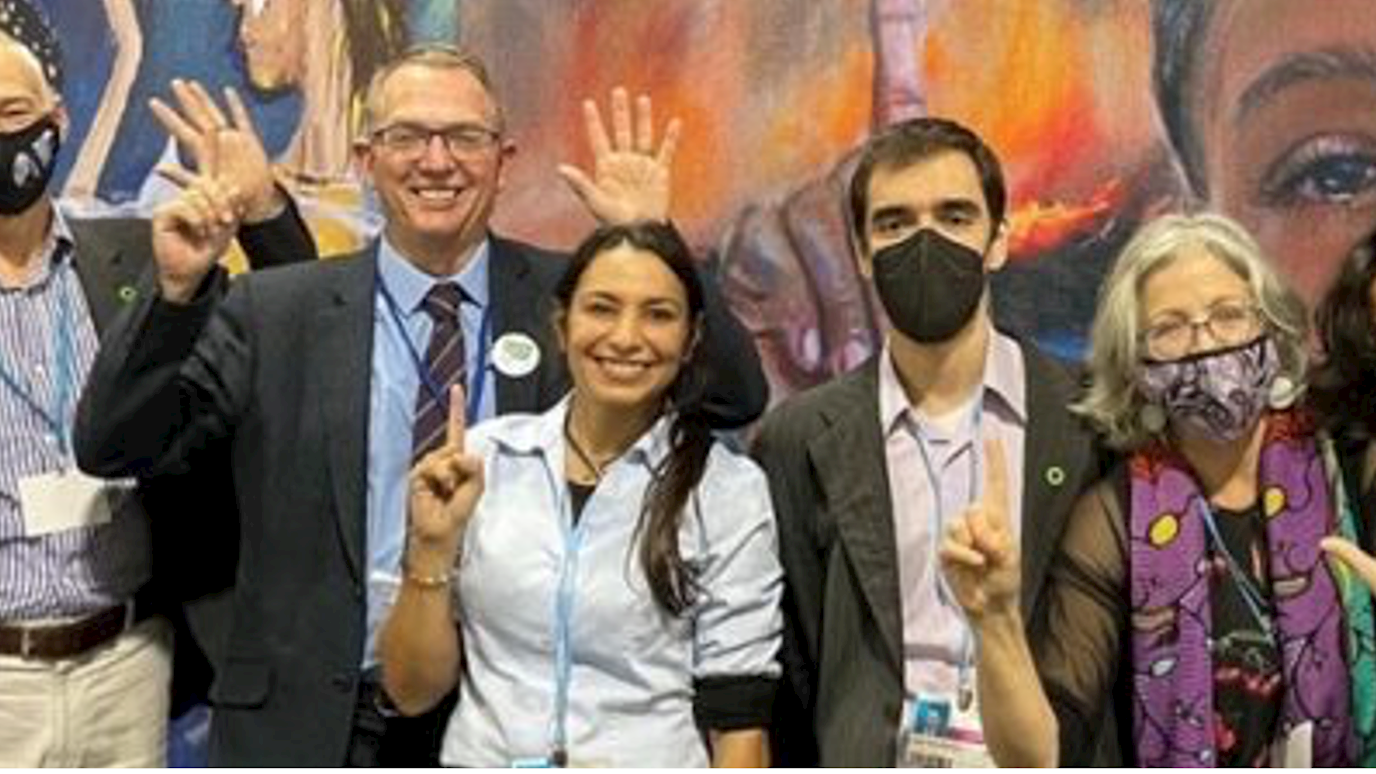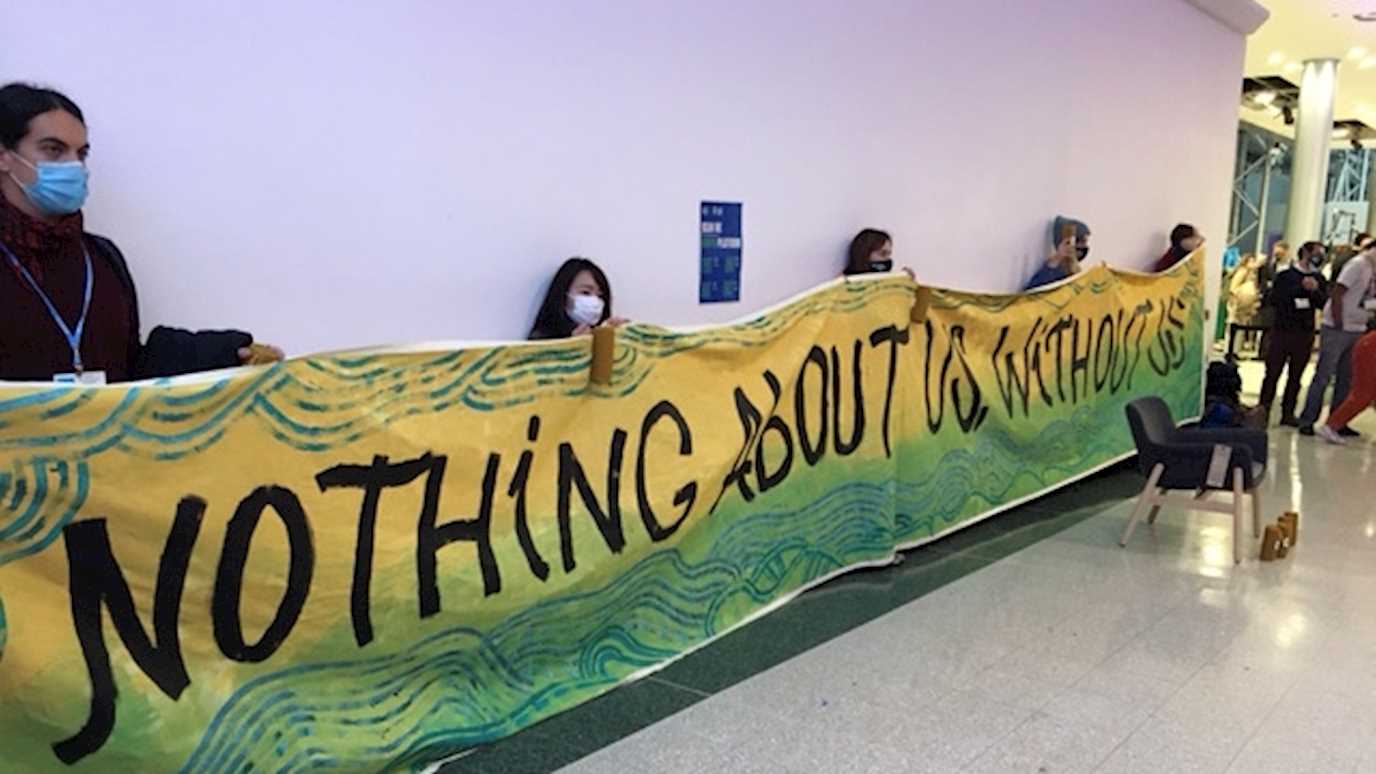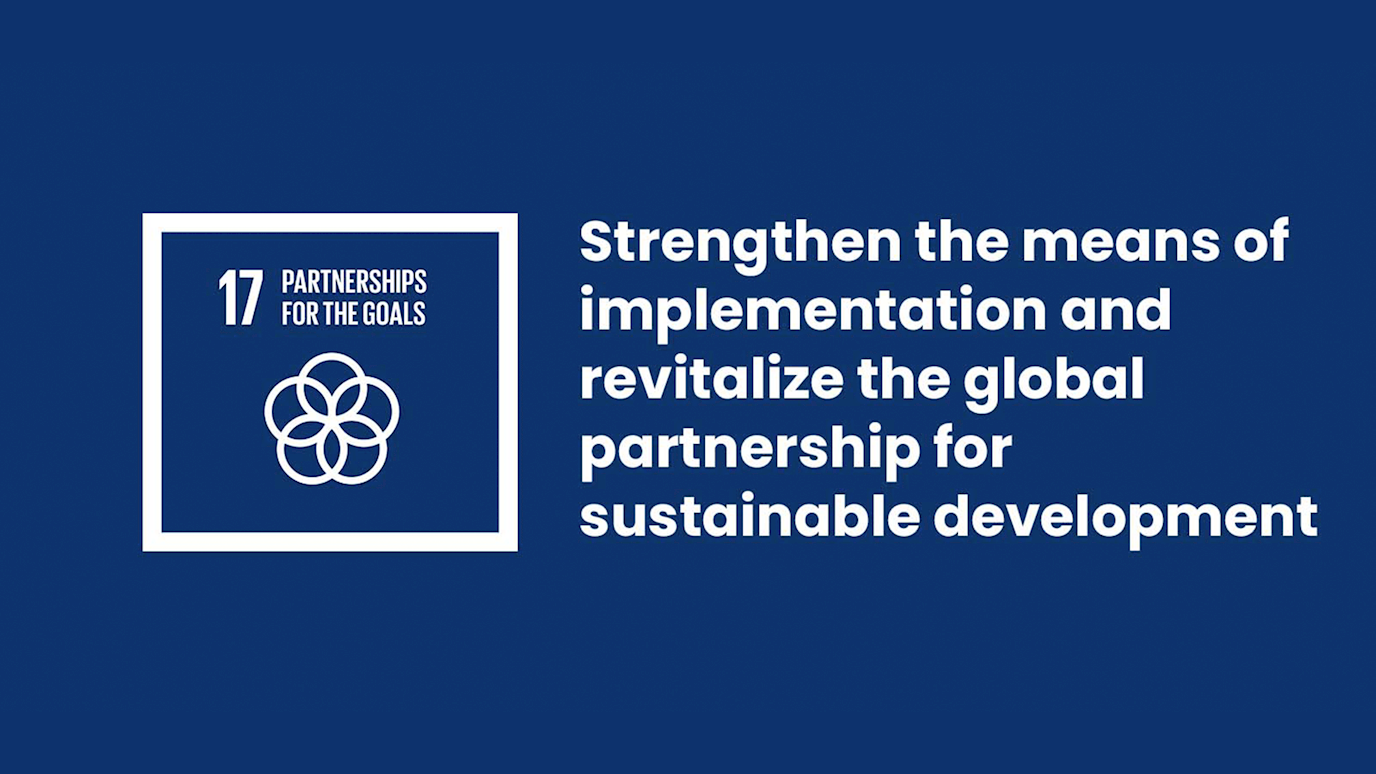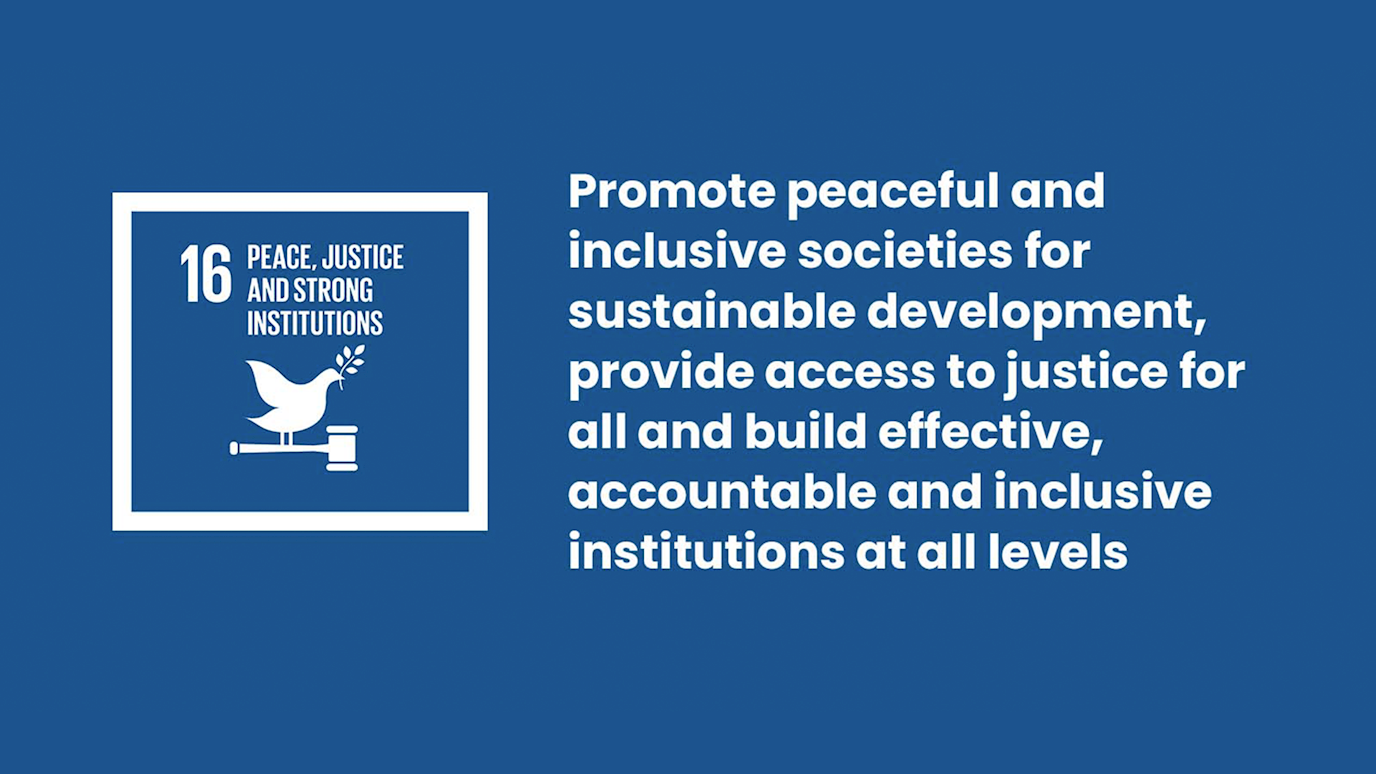Liz Gloyn writes on how her work in classics relates both to SDG 4, which calls for ‘inclusive and equitable quality education’, and SDG 5, which aims to ‘achieve gender equality and empower all women and girls’.
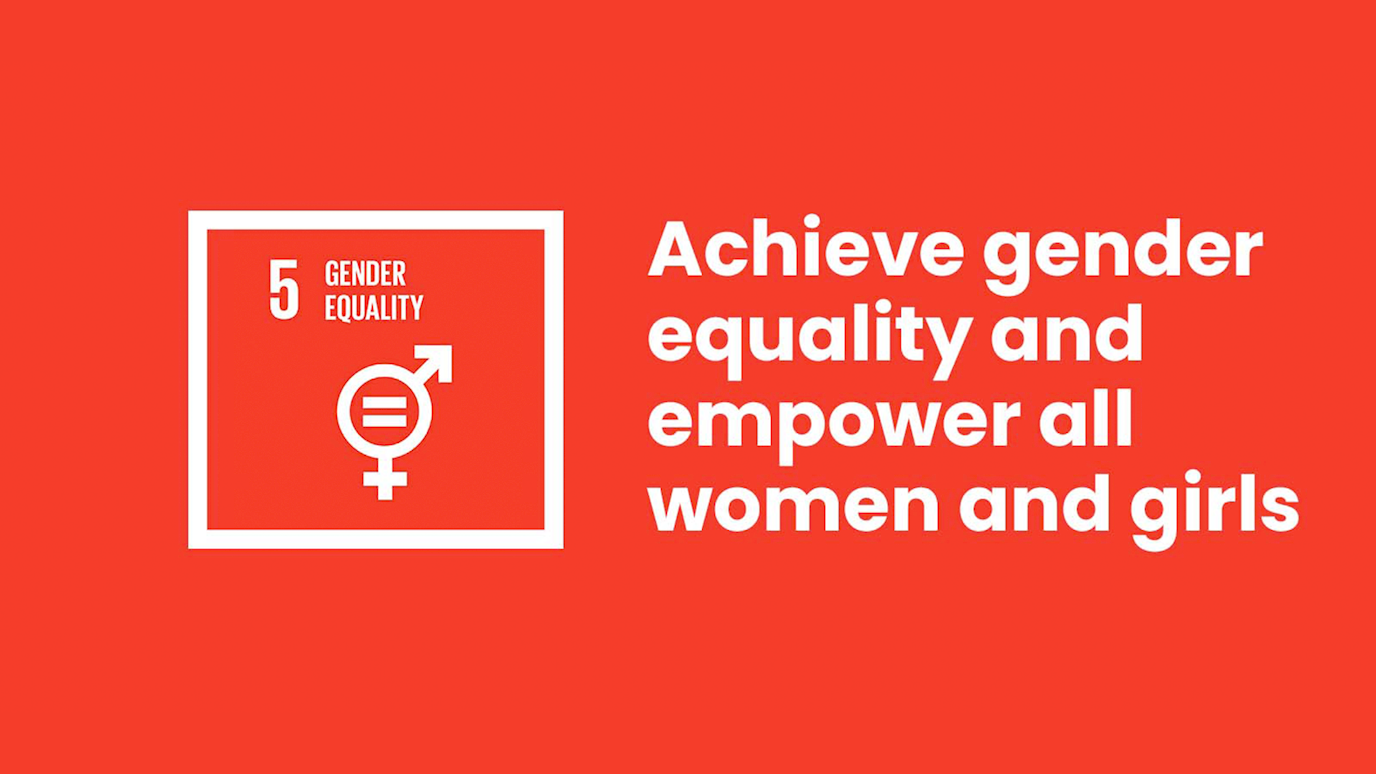
The fourth UN Sustainable Development Goal (SDG) seeks to ‘ensure inclusive and equitable quality education and promote lifelong learning opportunities for all’. When you think about inclusive education, classics might not be the first subject which comes to your mind. There are a lot of assumptions about what my subject is, not least because of the way that classics is used in popular political debate to stand for a particular set of values. One result of this is the belief that classicists spend their time reading Latin and Greek – and nothing else. Access to learning these languages has become associated with social and material privilege, not least because of the long British history of showing off your classical learning to demonstrate your class status as indicated by which kind of school you were able to attend.
Important work by groups like Classics For All and Advocating Classics Education in enabling state schools in the UK to offer classical subjects means that many more students at primary and secondary level are able to study the worlds of ancient Greece and Rome. Part of their success comes from championing the study of classical civilisation – while the languages are important, being a classicist extends well beyond translation.
Royal Holloway’s Centre for the Reception of Greece and Rome
One fast-growing area within our subject is the field of classical reception, or the study of what happens when post-classical cultures get their hands on classical cultures. Examining how Greece and Rome are used in later periods tells us a huge amount about their priorities and values. Royal Holloway is the home of the Centre for the Reception of Greece and Rome, a research group who focus on the many ways in which contemporary culture uses antiquity to reinforce its own ideas.
One of my own areas of interest is how classical monsters are used in modern film. As retellings of Greek myth set hero figures yet again against Medusas, Minotaurs and centaurs, they express traditional ideas of masculinity and what being a ‘real man’ looks like.
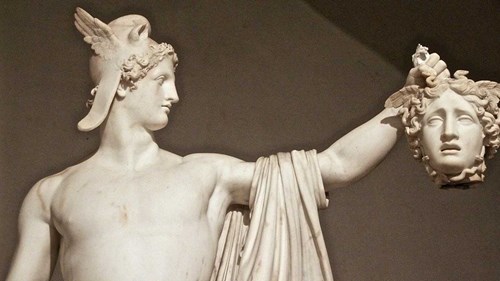
Image shows a marble statue of Perseus holding the head of Medusa. Photo by nightowl.
That manhood rests on conquering those who are, for whatever reason, marked as ‘other’, whether because of their gender, sexuality or ethnicity – whatever means they don’t meet the norm set by these ‘mythical’ heroes. Critically picking apart the way film uses Greek myth to reinforce some very contemporary stereotypes is one way of working towards gender equality, by raising awareness of how these expectations are still transmitted using the cultural authority of classics.
What is the future for classics?
Classics is also facing questions about its future, and how it remains sustainable as a discipline. There is an important debate underway about what ‘classics’ actually is – what’s usually meant by the term often focuses on ancient Mediterranean studies rather than thinking about the wider global context of antiquity. We can make our teaching at university level more inclusive by thinking about what sources we teach.
This year, I will be exploring Plautus’ comedy The Little Carthaginian with my third-year students. The plot of this play, written in the early second century BCE, revolves around characters from modern Tunisia who have been transported from their homes and are reunited by hilarious coincidence. This play is rarely taught or translated; to bring it into my classroom and my research is one way to acknowledge that Greece and Rome existed within a global community, and make the education my students receive as inclusive as possible. We know that students perform better at university level when they can see themselves in the texts they study – broadening the horizons of the ancient world that we share not only gives a more accurate vision of the past, but also ensures our students engage successfully with our subject.
Advancing equalities and diversity in classics
However, in order to provide higher education of the quality and inclusivity that we need, higher education in the UK has to address some major systemic problems around equalities and precarity. Classics has started to do some of the work around equalities and diversity within the discipline; I have been very involved with work around gender equality, in line with the UN SDG 5, to ‘achieve gender equality and empower all women and girls’. For me, these two goals really intertwine – we can’t provide high-quality education unless we ensure women are fully represented in the discipline, both as educators and within our courses. I am one of the founders of the Women’s Classical Committee UK (WCC UK), launched in 2015 as a group to support women in classics (both inclusively defined); promote feminist and gender-informed perspectives in classics; raise the profile of the study of women in antiquity and classical reception; and advance equality and diversity in classics.
In the survey and data analysis we conducted to launch the WCC UK, we found that about the same number of women and men were being employed within UK classics departments. However, the higher you went in terms of seniority, the greater men were represented. This maps on to the general trend of women being more likely to be in casualised posts throughout the sector. In a 2020 equality and diversity survey, the Council of University Classical Departments (CUCD) again found that women were more likely to be in lower-status, less prestigious posts.
Image shows WCC UK findings in the 2020 CUCD report.
The WCC UK has made significant progress in supporting women in the discipline in six short years, including developing a policy on supporting those with caring responsibilities to attend events, launching a caring network, and preparing guidance on how to organise inclusive panels and conferences (better titled our ‘how to avoid a manel’ guidance). We also offer a mentoring scheme, both to help people with short-term challenges and to facilitate groups of three to work together for a year towards their shared goals. However, there is still much work to do to create an environment which will allow the delivery of the sort of education that the UN Sustainable Development Goals aspire to.
The sharpest problem at present is that of precarity, where the majority of my junior colleagues, disproportionately women, are unable to find secure employment, instead jumping between high-intensity short-term teaching contracts which leave them no room to work on their research. This issue covers the whole of the Higher Education sector, and urgently needs to be addressed – or else we risk the futures of all our disciplines as we lose this generation of scholars.
The study of ancient Greece and Rome, thinking through the past and understanding how it is used in the present, offers tools for imagining and planning our future, and as such has a great deal to offer within the context of equitable, quality education. We can and must ask questions about diversity and sustainability, both to the cultures that we study and to the cultures we ourselves inhabit. Addressing the challenges of our ancient texts and of our unequal present are essential if we are to meet the demands of the future.
Liz Gloyn is Reader in Latin Language and Literature in the Department of Classics. Her research interests in classical reception focus on popular culture, the lives of classical monsters, and the history of the discipline. More widely, she works on the intersections between Latin literature, ancient philosophy and gender studies; she is the author of The Ethics of the Family in Seneca (2017, Cambridge University Press) and Tracking Classical Monsters in Popular Culture (2019, Bloomsbury).










